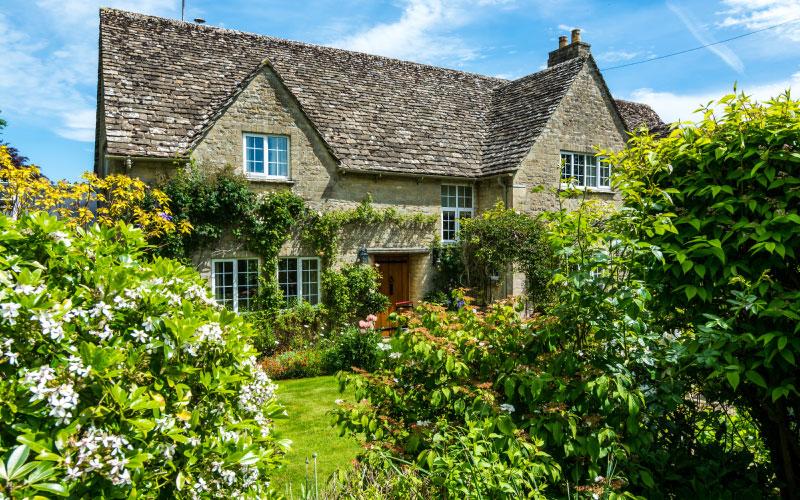
Reimagining domestic gardens: Do we need to see gardens in a new light?
A paper recently written by researcher Dr Ross Cameron at Sheffield University reflects on the role of urban gardens and whether attitudes to design, management and use should adapt to reflect modern pressures associated with the wider environment.
Whereas the earliest domestic gardens were used as places of contemplation, healing and fostering ‘a oneness with nature, research is now investigating how private domestic gardens are now viewed. In this most recent research paper, the question is asked whether modern gardens reflect this ‘oneness’ with nature and provide a capacity for spiritual uplift, or are they now a manifestation of consumerist behaviour, out of sync with the wider natural environment and indeed, perhaps the epitome of a non-sustainable lifestyle?
The research suggests design and management of a modern garden is key to determining the type and extent of environmental services (ES) it provides. Depending on these factors, gardens are either ‘grey’ where they are dominated by impermeable hard surfaces and limited vegetation, or ‘green’ where they have a high proportion of vegetation, low energy and resource inputs and mimic natural vegetation.
The research notes recently there has been a trend to convert vegetated garden space to hard-standing areas, particularly in front gardens where it is now common for cars to be parked. This along with patio construction and a desire for lower maintenance gardens has resulted in the loss of vegetated areas (by 40–75 %) and greater soil sealing (≤60 % in the Netherlands) in the last 2 decades.
Such trends have implications for flooding and urban heating at a city scale, and the research makes recommendations for legislative change and best practice guidance.
The paper outlines how policy and best practice guides could be used to improve the ‘environmental credentials’ of gardens and hence their potential to maximise ES. In so doing, domestic gardens provide an opportunity to achieve greater resilience against environmental extremes, help mitigate against loss of biodiversity and provide a vital amenable, restorative ‘habitat’ for many city dwellers.
Further reading
